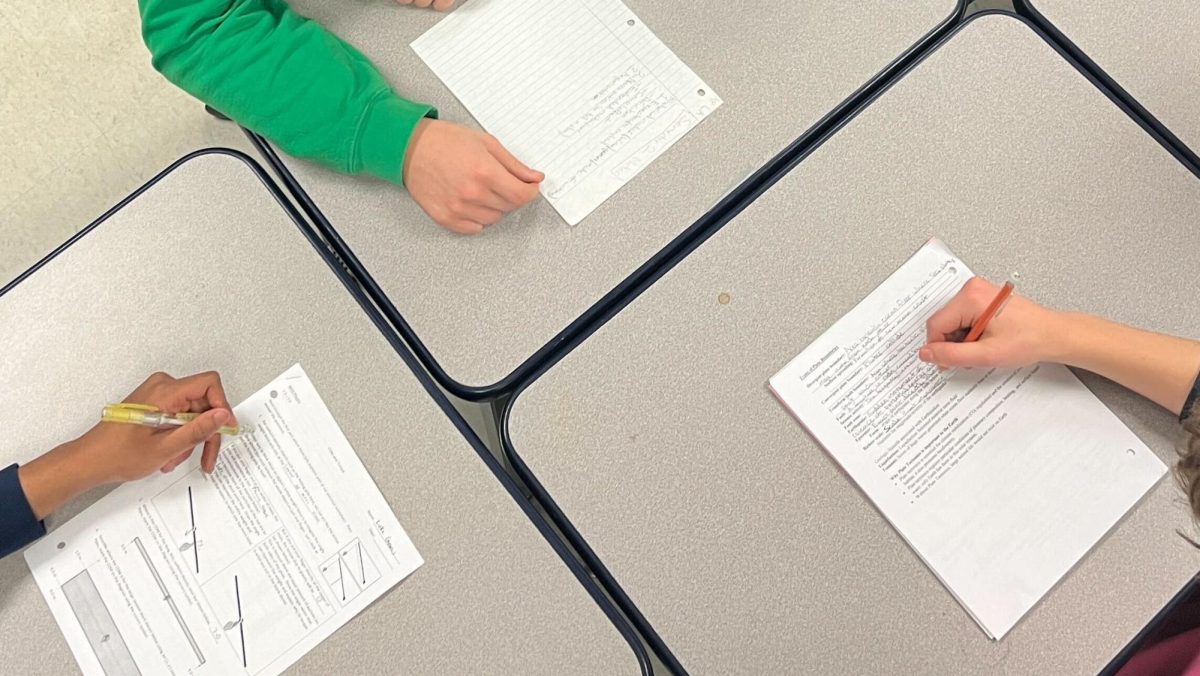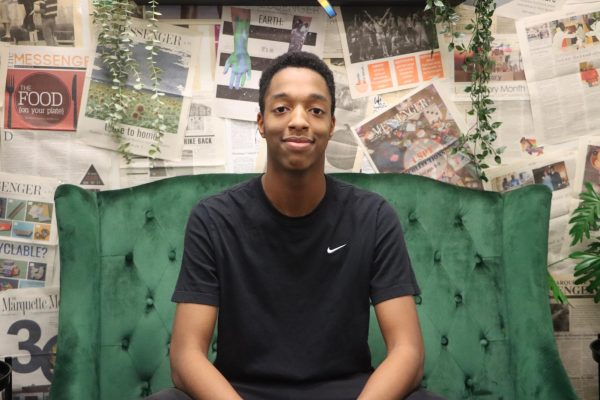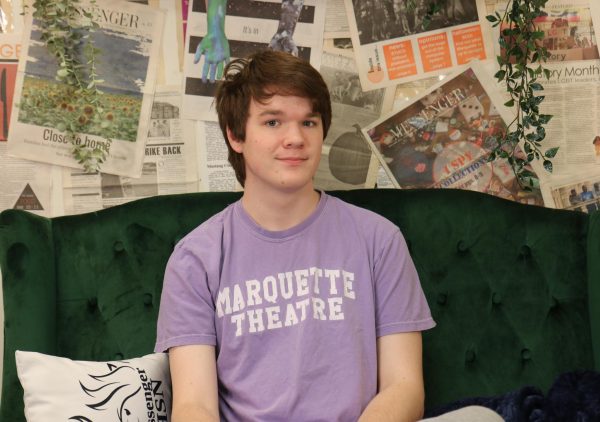I remember the day I decided to look around at MHS. I noticed that in all of my higher-level honors and AP classes, very few people looked like me. Very few people shared my background. Very few people were Black.
And as of now, this has not changed.
Black students seeming less likely to take more rigorous classes is hardly a new issue, nor is it specific to MHS. According to a 2020 study by the Education Trust, despite Black students making up 15% of high schoolers nationwide, only 9% are enrolled in AP courses.
However, the achievement gap facing Black students regarding AP courses should not be taken as an indication that they are inherently unable to succeed.
Factors such as implicit biases and stereotypes can have a significant impact on the performance of Black students in school. According to the article “Why AP Classes Lack Diversity — and Why We Need to Change This,” Black and Hispanic students often face barriers such as resource inequalities, biases among educators, and a lack of diverse educators that dissuade them from taking Advanced Placement courses.
Educator bias, in particular, is one of the most significant barriers. The article “The Truth Behind the Racial Gap in Advanced Placement Courses” reports that “educators tend to recommend these courses to [white students] more often” and “bias is generated by the fact that there is a lack of diversity among educators.”
Furthermore, educators who are not Black would naturally have more difficulty relating to or properly understanding the experiences of Black students. MHS, in particular, has very few Black staff members and no Black teachers, which could result in Black students feeling like they are misunderstood or have few adults to trust.
To close the gap between Black students and their counterparts, we must begin properly acknowledging and fighting against the systemic and curriculum-based factors that negatively influence their performance, rather than continue to believe in harmful stereotypes against them.
Some ways to solve the issue include the district hiring more qualified Black teachers, ideally to teach AP classes, which would attract a stronger Black student population to enroll in those courses and create a more culturally sensitive environment.
Furthermore, requirements specific to AP courses such as zero hours could be changed to better accommodate Black students who live further from the school.
We must also understand that AP courses are not an inherent measure of a student’s intelligence. By recognizing this, we could also halt the stigmatizing of Black students who are not in the AP program.
The biggest solution, however, is understanding that racism in education is still a significant issue, even if it isn’t as explicit as the de jure segregation of the past. We must help people examine their own biases and recognize how they create an environment that limits Black students’ ability to succeed.





